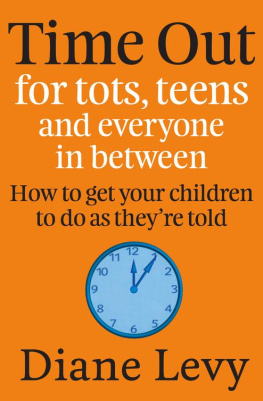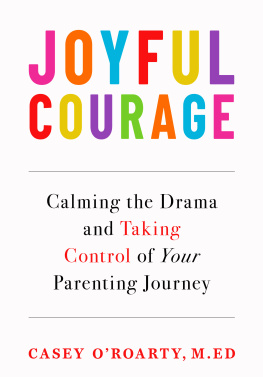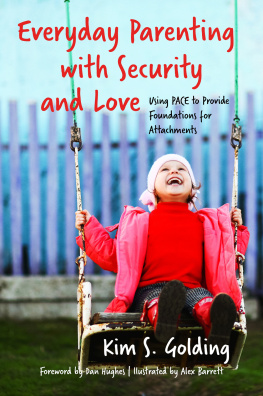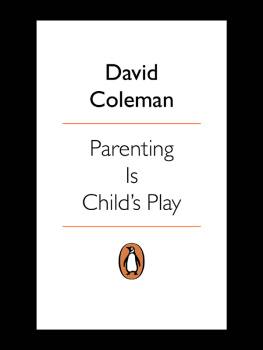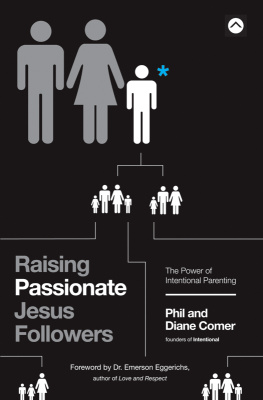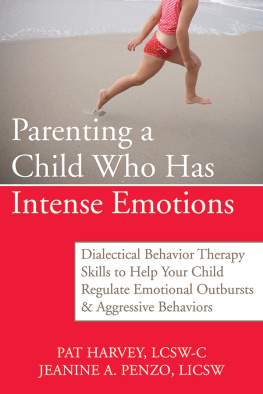Are you fed up with yelling at your children?
Have you run out of naughty chairs, thinking steps, consequences and punishments?
Is your childs behaviour getting in the way of your enjoyment of being a parent?
Imagine if your children would just do as they are told
Diane explains how to use the vital parenting tool of Effective Time Out with children of all ages. Emotional support and limit-setting are central to the understanding and effective use of Time Out. As parents, we need to respect and support our childrens feelings. In addition, we need to set suitable boundaries and expectations so that our children can safely develop into self-disciplined adults.
The thing that most distresses parents, says Diane, is when they find they no longer enjoy their childrens company. This book goes a long way towards changing that.
Diane is the author of the hugely popular Of course I love you NOW GO TO YOUR ROOM and They look so lovely when theyre asleep. She is in great demand as a motivational speaker and regularly addresses parenting and teaching organisations. She is also a regular guest writer for various media groups and was the presenter/therapist on the successful TV show Demons to Darlings.
To all my family, friends, colleagues and clients
who tolerate my absence in their lives
while I write and whom I trust
to welcome me back again
And so I ask myself the question, Diane, why are you writing another book? What do you think that you have to offer? What can you possibly say that hasnt already been said by you or by your colleagues people of goodwill and knowledge whose only desire is to help parents in their quest to parent pleasantly and more effectively?
PARENTING IS STILL A STRUGGLE
FOR MANY OF US
I have decided to write another book because parents are still struggling with getting their toddlers to carry out simple instructions like:
- HoldstillwhileIdressyou.
- CometoMummysoIcanputonyour jacket.
- Leavethecatalone!
Parents of school-age children are still struggling with:
- Stoptormentingyourbrother.
- Hurryup!Wearegoingtobelateforschool.
- Do youhavetoargueabouteverything?
Parents of teens are still struggling with:
- Iveaskedyoutentimestogivemeahandwiththedishesandyoustillhaventshownup.
- Whyisthewholefamilysittinginthecarwaitingforyou?
- ItellyouwhereIamgoingandwhenIplantobeback.Whycantyoudothesameforme?
While these behaviours are annoying and make family life rather difficult, when I sit and talk with parents for a while, there is one factor over and above the actual behaviour that is the most upsetting for parents.
WHAT UPSETS PARENTS THE MOST?
What upsets parents the most is when they find themselves no longer enjoying their childrens company.
When children are difficult to manage, when they are rude and disrespectful, when they cannot tolerate the least frustration without a loud and unpleasant meltdown, it is jolly hard to keep liking them. I am not saying for a single moment that we stop loving them, but liking them is another matter. I think that we owe it to our children to raise them as pleasant, productive individuals whose company we and everyone else who comes into contact with them can enjoy.
WHY TIME OUT?
I am still counselling parents one-on-one in private practice who have read my books, been to my seminars and seen my TV series, DemonstoDarlings. They like what I have to say, they find me credible and yet, when they try to put into practice the information and ideas that they have gleaned, it isnt working. Often they say, Weve tried Time Out. It isnt working or We have tried Time Out but he is getting too heavy to drag there or We used Time Out when he was little but now he is too old.
When I work with parents individually, we almost always wind up using an age-appropriate Effective Time Out that leads to a positive change in their childs behaviour.
WHAT DO YOU MEAN
BY EFFECTIVE TIME OUT?
When I talk about Time Out, I do not mean hauling off your child to the coal cellar with the spiders. I do not mean sitting them on the naughty chair. I dont mean sending them to their room for hours of isolation, and I dont mean timing isolation in some relationship with their ages.
So what do you mean, Diane? I think of Time Out as a way of showing our children that for reasonable requests and reasonable expectations of appropriate behaviour we mean what we say. Time Out is a way of showing our children that, once we have made a request, nothing much in the way of goods or services from us is going to happen until that is done.
Furthermore, there are certain behaviours that we have already made clear we find unacceptable. When these behaviours occur, we can use Time Out as a means of showing our children not only that we disapprove of that behaviour, but that we have absolute faith that they can do the right thing and stop themselves from doing the wrong thing.
This book will show you how to use Time Out in a way that ensures that our child is not struggling with us. Instead, we will set up Time Out in such a way that our children struggle onlywiththemselves until they can resolve the dilemma: I dont want to do that; I know I have to do that. This is a life lesson that all of us need to deal with. One mark of a self-disciplined person is one who can make themselves do necessary tasks that they would rather not do.
| Traditional | Effective |
| Punishes bad behaviour | Empowers the child to self-correct hisbehaviour |
| Is something a parent does to a child | Is something a parent does for |

